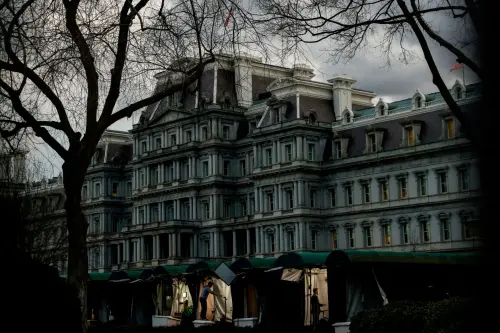

10:00 am EST - 11:30 am EST
Past Event
10:00 am - 11:30 am EST
1775 Massachusetts Avenue N.W.
Washington, DC
20036
The John S. McCain National Defense Authorization Act raised the U.S. national defense budget to $716 billion for the current fiscal year 2019. This was an increase of $82 billion relative to 2017, and begins to reverse the seven-year budgetary effects of the Budget Control Act, which forced significant cuts to previously planned defense programs.
The 2018 midterms could change the political and strategic calculus yet again. Rising deficits will force discussions of the United States’ fiscal health into the mainstream again, but a Democratic House will not likely seek to fund defense at the expense of social spending, while a Republican Senate will presumably not be open to any tax increases. And even if Republicans had retained a majority in the House, there would still be uncertainty because Congress would have to confront the same difficult scenario: how to sustain higher defense spending with a worsening fiscal outlook in general. Any electoral outcome would raise questions about the future trajectory of the defense budget and how to pay for the United States’ national security needs—as well as how to prioritize those needs.
On November 20, the Foreign Policy program at Brookings hosted a discussion involving experts in American politics, the federal budget, and national security strategic priorities. Following their conversation, panelists took audience questions.

Panelist




Elaine Kamarck, Jordan Muchnick
June 12, 2025

Thomas Wright
May 28, 2025

Michael E. O’Hanlon, Kathryn Dunn Tenpas
May 22, 2025